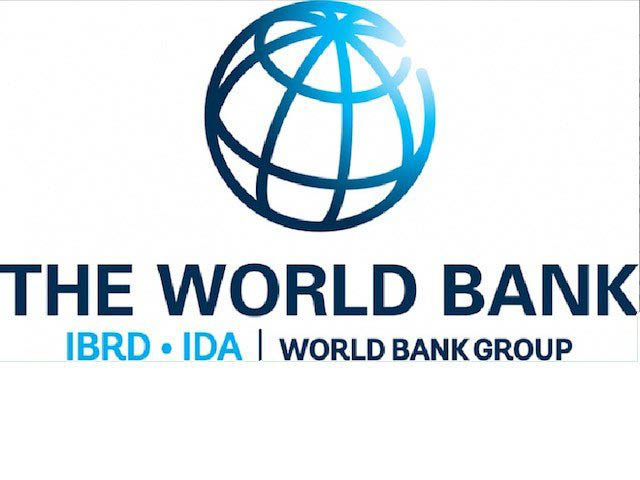The World Bank has ranked Guyana fifth in the region in its ‘Changing Wealth of Nations 2021’ report.
According to the World Bank, the report is “based on measuring the economic value of renewable natural capital such as forests, cropland and ocean resources” and “non-renewable natural capital such as minerals and fossil fuels; human capital earnings over a person’s lifetime; produced capital such as buildings and infrastructure and net foreign assets.” The report also accounts for what it describes as “blue natural capital” in the form of “mangroves and ocean fisheries.”
Based on the same yardstick, Trinidad and Tobago is ranked first in the region, with Suriname, the Dominican Republic and Jamaica following in that order.
Director for Environment, Natural Resources and Blue Economy at the World Bank Karin Kemper said that “The Changing Wealth of Nations provides the data and analysis to help governments get prices and policies right for sustainable development. By ignoring polluting and climate warming impacts, fossil fuel assets have historically been overvalued, while assets that contribute to climate mitigation, like forests, are undervalued.”
A second table based on countries’ gold reserves excludes Guyana but rates the top five thus:
1. Aruba – 3.11 tonnes
2. Trinidad & Tobago 1.94 tonnes
3. Haiti – 1.81 tonnes
4. Suriname – 1.46 tonnes
5. Dominican Republic – 0.57 tonnes.
The report said that total wealth has nearly doubled in Latin America and the Caribbean over the past two decades, but also points to significant contrasts in the trends of wealth per capita, with some countries having more than doubled their wealth since 1995, while others’ total wealth per capita has declined. It added that over time, wealth in nonrenewable natural capital has begun to decline, due to price volatility, but renewable wealth is increasing. Wealth in protected areas has more than doubled, despite the fact that the land area of forests has declined.






